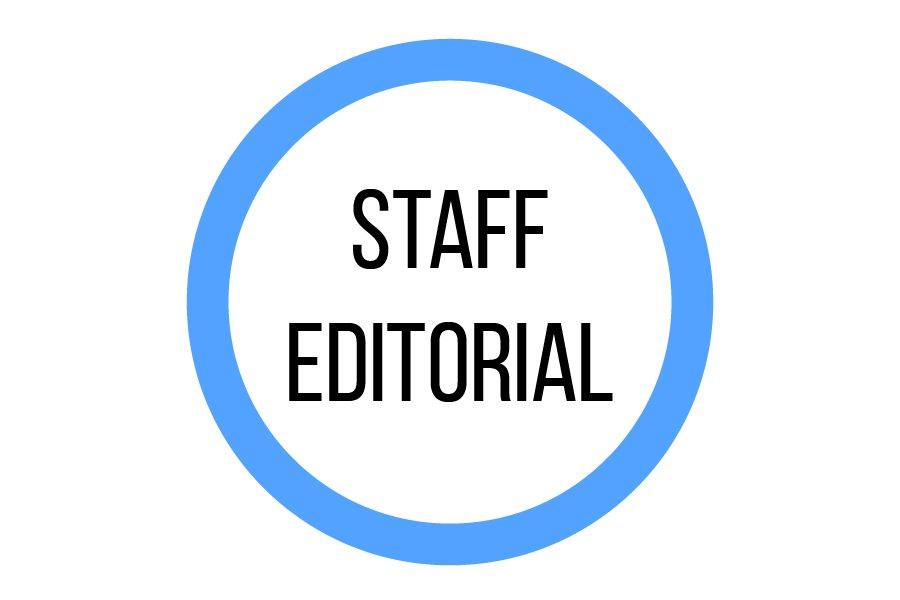Whitman: In the wake of Monday’s attack, stop suppressing and start reflecting
September 20, 2019
On Monday, two announcements told us to stay in our classrooms regardless of any bells. Then, a fire alarm sounded. Eventually, the events were reconciled—but in the meantime, students exchanged details and speculation.
While false information and even jokes spread throughout the school, the fact remained that, during fourth period, a student attacked another student in his class.
The ways we chose to handle the situation, as a school, were insufficient. First, though administration followed strict MCPS protocol, administrators’ communication with the community wasn’t as timely or all-encompassing as the situation required, leading inevitably to widespread confusion and the circulation of wild rumors on social media. Second, the student body responded with cruel jokes and hurtful sarcasm instead of sensitivity and support, actions that run counter to the stated goals of our community.
School emergencies require transparency
After a fire alarm unrelated to the attack was triggered, students and staff rightly hesitated to leave their classrooms. Teachers were caught in a double-bind: they didn’t want to lead students into an area with a potential threat outside, but they also didn’t want to stay and expose students to an equally dangerous situation inside.
Once assistant principal Kristin Cody clarified over the announcements that we were to evacuate, we did—but not until we checked Snapchat, Twitter and Instagram did we even begin to understand the situation. That is unacceptable.
In emergency situations, common-sense transparency should be a priority of all leaders. It eliminates panic, and limits the reach of the rumor mill. Especially with frequent headlines of school shootings, many students on Monday believed they were in the midst of a dangerous crisis. And administration’s two-sentence, initial email to staff stating only that a “serious incident” had occurred gave teachers next to nothing to reassure worried students.
MCPS policy dictates that in the event of an emergency situation where law enforcement is involved, “information will only be released upon approval from [Office of School Support and Improvement].” However, county protocol grants school administrators a level of autonomy. Though the extent of this autonomy is unclear, in this case, a quick announcement to at least speak to the severity of the situation, even if the details had to remain private, could have eased student’s worries and alleviated confusion.
To foster an open, trusting atmosphere, those in charge of our school must lead with transparency. If protocol limits their ability to assuage a community they know is fearful and anxious, delaying by hours, then what better time to reexamine protocol than after it so clearly and unnecessarily failed us? Speculation won on Monday. Next time, administrators and MCPS, don’t let it.
Violence requires sensitivity
Monday night, Montgomery County Police charged nineteen-year-old Prince Cutchember with first-degree assault. Now, he’s facing up to 25 years in prison. Another student was injured, and a teacher put herself in harm’s way to stop the attack. But instead of showing the sensitivity the situation requires, our student body is choosing to mock.
Both in school and on social media, we tossed the incident aside as humorous, belittling its gravity. This year, Whitman is striving to become an accepting, tight-knit community. We have “OneWhitman” meetings every Wednesday. We hang posters in the hall emblazoned with slogans of unity. We should be making a conscious effort to care for the students around us. Our reaction was hypocritical and undermines the values that we’re trying so hard to emphasize.
This lack of sensitivity is indicative of Whitman’s emerging reputation of ignorance: last year, one senior posted a racist paragraph on social media, another student used the N-word as part of his Kahoot name and two freshmen posted racist photographs on Snapchat. Our so-called “Bethesda Bubble” means, unlike others, we don’t have to worry about witnessing the violence of fights in school on a daily basis—but being sheltered has made us apathetic.
Passing the incident off dehumanizes both the victim and Cutchember—two real people with real emotions. We joked, ignoring the intensity of the situation and consequently failing to understand. In doing so, we bottled the reactions of all those who at first were anxious or scared, including our own. We lost empathy for ourselves and those involved.
If we truly want to be “OneWhitman” and foster a supportive school environment, we must recognize that what happened was a serious occurrence. Our response, therefore, shouldn’t start with hurtful jokes and sarcastic comments; it should start with concern and empathy for our peers. Neglecting our instant emotional responses in pursuit of “likes” and “shares” isn’t humor; it’s suppression.









